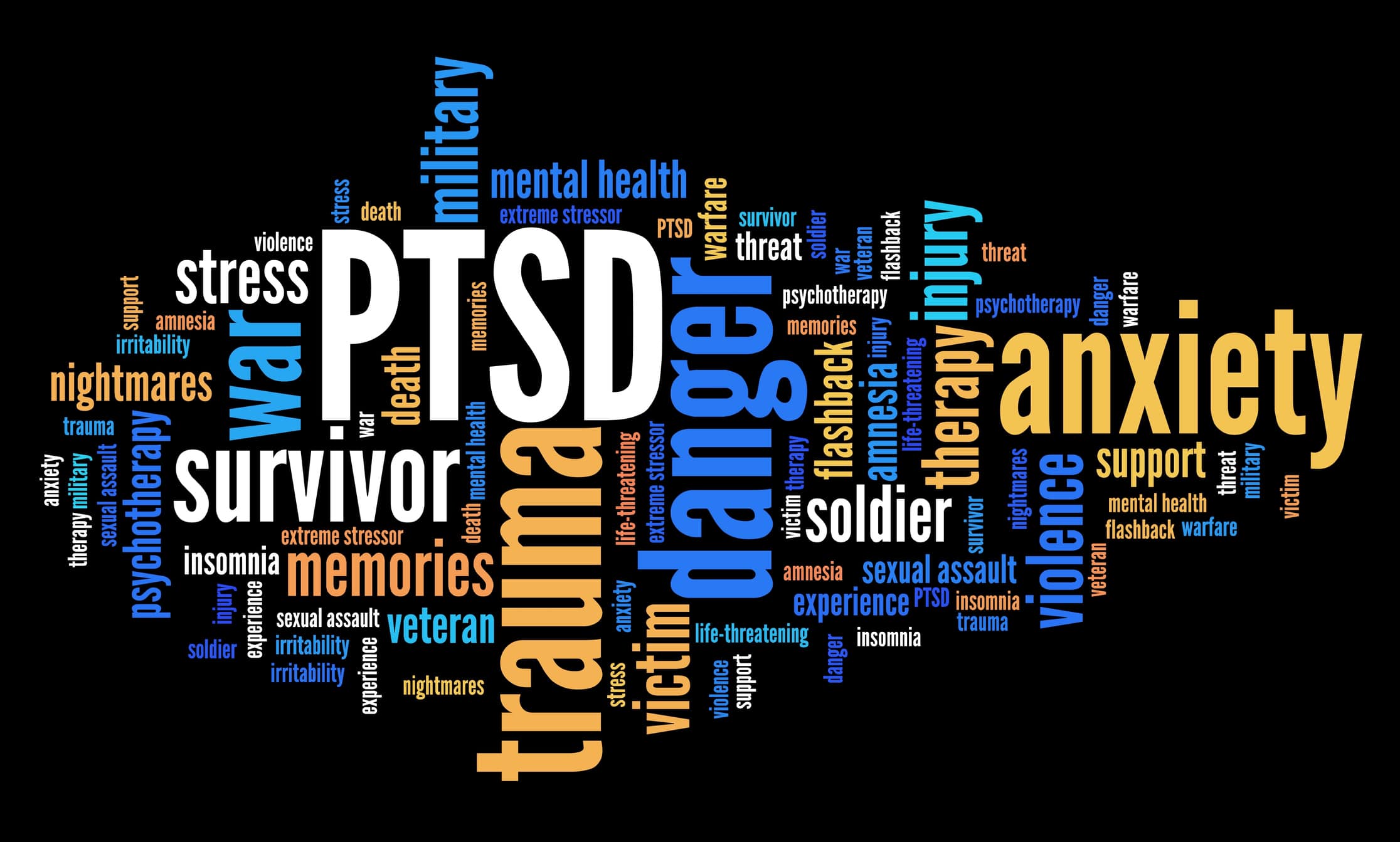
Just my thoughts: Saturday, October 12, 2002 9:46 p.m.
Who We Are Today, Is A Result Of Things That Happened In Our Past.
© Copyright 2002 Franklin T. Wike, Jr.
I have come to believe that who we are today, is a direct result of the things that occurred in our past. Some people say the hardships we endure make us stronger. But do they really make us stronger, or do they simply make us harder.
When a young innocent boy grows up, leaves the farm and goes to war, his perspective on life gets changed forever. When a teenager that has never seen human blood before, watches as a friend is dying, and realizes there is nothing in the world he can do to save his friends life, he experiences a feeling of helplessness that is unlike anything he has ever known in his life before. Does this new experience make him stronger and better, or does he simply learned to hide and block out his memories.
Some people cannot understand why many World War Two veterans would not talk about the war after they returned home. After the Vietnam War was over, psychologists coined a new phrase, “Post Traumatic Stress Disorder. “ To put a name on horrific experiences the mind simply could not cope with, was the easy part. To comprehend how those thoughts and feelings converted a naive teenage boy into a man that was afraid to remember or feel, is another story.
Why doesn't a man share certain facts with his family about his life during the war, his childhood or other traumatic events? Sharing some of the innocent or happy moments is easy, as long as it doesn't bring up the bad memories, too. As for sharing the rest of the memories, there are multiple types of memories that most men would be very reluctant to ever share with a family member. And most of them revolve around been ashamed.
When a man goes to war, he could feel pride in the knowledge that he is defending his country. But deep down inside, very few men take pride in the knowledge that they hurt or killed another human being. When you’re face to face with someone that is trying to hurt or kill you, is easy to respond with instinct to defend yourself and take whatever steps are necessary to protect your own life. But after the adrenaline dies down and you are alone with your own thoughts. . . . . After all, that man was just a soldier doing his job. You cannot allow yourself to wonder if that person had a family. You try to block the thoughts and guilt out of your mind.
But the taking of another life during wartime or even feeling guilty because a friend died, is not the only source of PTSD. There are many things that can happen in a person’s life that cause them to “block out the memories.” And sometimes it is healthier for them to keep those thoughts and events buried, in order to protect themselves and others.
With the soldiers, they come home when the war is over. They have to learn how to feel and care about themselves and others again. They have to learn how to trust, care, and believe in your dreams again. They made the transformation from the innocent teenage boy into a hardened soldier. Now they need to make another transformation into a normal caring civilian and family man. The innocence of that teenage boy is gone forever. But the hardness of the soldier lives within the depths of the soul, forever. That soldier could be called back into combat duty, and still think and feel like a soldier.
So when you ask questions about the war, be gentle and patient. The questions are easy. It is the answers that can be very painful for others to share.
But also remember it is not only men or soldiers that have endured horrific events in their lives. People from all walks of life, rich or poor, young and old, experienced traumatic events that have altered their entire world.
There are things in my own life that I would never want my family to know. There are things to I have seen, done, felt, and thought that will never be known by anyone except me and the man upstairs. I say this, not because my family doesn't deserve to know, but rather because I deserve to be able to maintain a little dignity and self-respect.
Sometimes, it is okay to allow yourself and others to forget the past, especially if it enables someone, including yourself, to focus on a brighter, happier and more productive future.
Revised 4/13/25
- Log in to post comments
